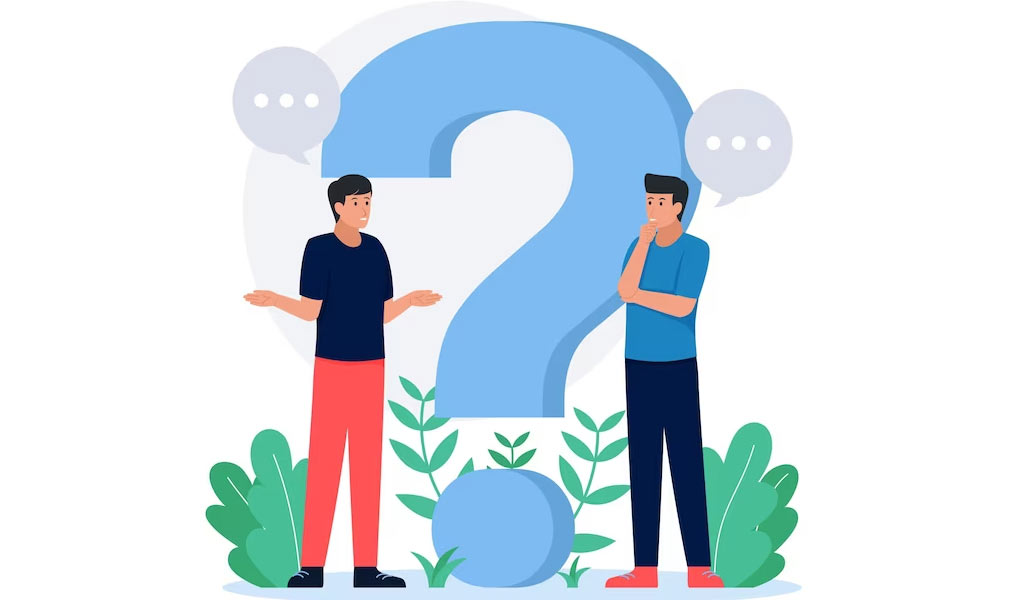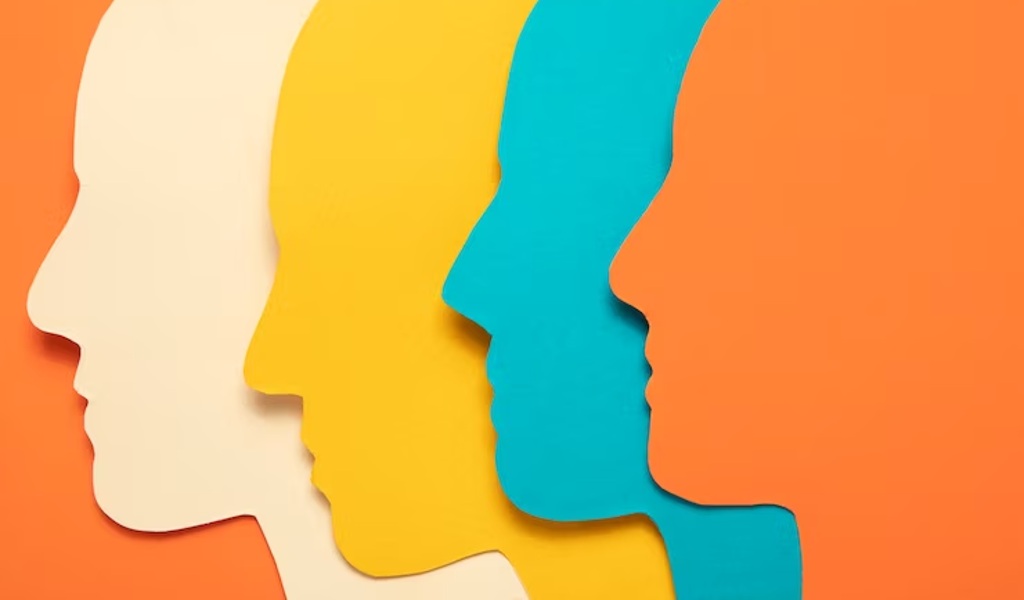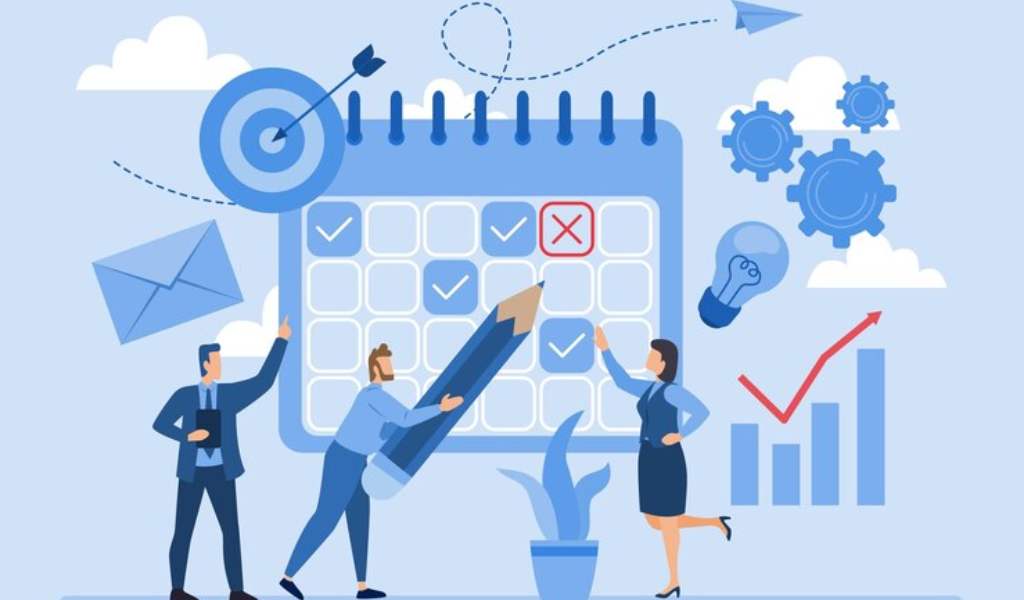Everything you need to know about support coordination through the NDIS
Whether you’ve been around the NDIS for a while or are just looking at submitting an application, you have likely heard of support coordination.
NDIS support coordination is a service that can be funded in any participant’s plan where there is a demonstrated need for help to navigate disability or mainstream support services.
The main goal of a support coordinator is to help a participant get the most out of their plan. However, because each person’s situation is unique, the role of an NDIS support coordinator can vary a lot.
While SeenCare does not provide support coordination, as one of the leading registered NDIS providers in Melbourne for participants with high medical needs, we work with NDIS support coordinators a lot.
In our experience, much of the value of support coordination comes from understanding the role, as this allows participants, support coordinators and providers to work together collaboratively to come up with the best solutions.
So, to help you get the most out of your plan, we’ve provided a thorough overview of the role of support coordinator in this article.
Support Coordination Explained
Support coordination is a capacity building service that can help you understand how to use your NDIS plan and engage with other support providers.
One of the useful things about an NDIS coordinator is that they don’t just focus on utilising NDIS services, they can also help you understand how mainstream services might be able to assist you.
As well as connecting you to relevant services, a support coordinator will help build your capacity to manage your services more independently. This means some people may only need a support co ordinator for a limited amount of time, while for others, it is a support that’s funded on an ongoing basis.
Different Types of Support Coordination
Because of the broad range of needs among NDIS participants, support coordination NDIS is broken up into three levels.
Each level is gradually more intensive and includes the aspects of each prior level (eg, a level 3 support coordinator NDIS can also do what a level 1 and level 2 support co-ordinator does).
Level 1: Support Connection. Helps to build ability for connecting with and using any type of support, whether it be funded, informal, community, or delivered by the Government. Support connection is designed to help participants pursue their goals and get the most out of their plans.
Level 2: Support Coordination. At this level, coordination of supports NDIS is focused on connecting with the right supports and building your capacity to engage with them. This could involve several different tasks, skills and objectives.
Level 3: Specialist Support Coordination. Level 3 support coordination is the highest level of support in this category. A specialist support coordinator can assist people with complex needs, who require assistance from a range of different providers to live independently and stay well in the community.
Things NDIS Support Coordination Can Help With
You might still be wondering, “What does a support coordinator do?” To answer that question, the list below includes an overview of the main support coordinator NDIS tasks commonly undertaken (adapted from the NDIS website).
Depending on your needs, a support coordinator can help you:
- Understand how your NDIS plan works
- Plan and organise your supports
- Make connections with relevant services
- Set up and maintain supports
- Learn how to use support services more effectively
- Use your plan to build independence
- Plan for and manage crisis situations
Having a good understanding of what is support coordination can help you think about how a support coordinator could assist you. Although, keep in mind that part of their role is to give you ideas on what support and services could be beneficial. So, if you feel stuck or unsure of what to do, don’t hesitate to ask your NDIS support coordinator for advice.
Finding the Right Support Coordinator
Now that you know what NDIS support coordination involves, the next question you might ask is, “Where can I find support coordinators near me?”
There is an NDIS support coordinators list for registered providers, which you can access through the provider finder tool on the NDIS website.
If you are approved for level 1 or 2 support coordination, search for providers with the registration group ‘Assistance in coordinating or managing life stages / transitions and supports’. For level 3 NDIS specialist support coordination, look for the ‘Support coordination’ registration group.
You can also use an unregistered NDIS coordinator if you choose. However, in this case, there is no official NDIS support coordinator list to search for a provider.
Questions for Potential NDIS Coordinators
Before agreeing to work with an NDIS support coordinator, it’s important to ask yourself a few questions about whether they are the right person to help with your support needs.
Just like with disability support workers and supported independent living (SIL)supported independent living (SIL) providers, not every support coordinator you come across will be able to meet your needs.
We recommend asking potential support coordination professionals the following questions:
- What experience do you have working in the disability sector?
- How much do you charge per hour?
- What are your specific areas of interest and expertise?
- Can you provide support in person and by phone (or your preferred methods of communication)?
- What services, organisations or providers in my area do you regularly collaborate with?
As you ask these questions, pay attention to whether you feel heard and understood. Also, consider the NDIS support coordinators personal style.
Support coordination may end up being a big part of your plan and interaction with professional staff, so you want to ensure the support coordinator is a good match for you personally and professionally.
What About an NDIS Local Area Coordinator?
With their similar names, it’s not uncommon for people to get a little confused about the role of a support coordinator vs. an NDIS local area coordinator. And to make matters worse, there is even a bit of overlap between the roles of each NDIS professional.
In short, a local area coordinator (LAC) is employed or funded by the government to support people with disability to build their capacity, work toward goals and access services.
Like support coordinators, LACs can help people with disability navigate the NDIS and mainstream support services. However, while a person needs funding in their plan to access NDIS support coordination, an LAC NDIS may be accessed by anyone with disability, even if they don’t have a funded plan.
Similarities and Differences
Perhaps the main difference between an NDIS LAC and an NDIS support coordinator, is that the LAC is there to assist with short term issues that can’t be undertaken by another provider, while a support coordinator is funded for defined ongoing needs.
For example, many people taking the first steps in applying for NDIS funding use local area coordination to get support submitting their application and to access mainstream services, then transition to a support coordination if it is funded in their plan.
Or, if a participant wishes to apply for a plan review and they don’t have NDIS support coordination funded, an NDIS local area coordinator might assist. Otherwise, it would be expected that this is a support coordinator’s role.
How to Get Funding for Support Coordination
As with any other service, the best way to get funding for support coordination is to specifically ask for it in your initial application or a plan review.
When requesting NDIS support coordination, focus on explaining the aspects of finding and managing support services that you find difficult. This might include things like having difficulty communicating, finding it challenging to organise and remember appointments, or not being able to recognise when you might need to ask for support.
If possible, try to highlight how your coordination needs are related to your disability. You may also like to get other support people, like family members, healthcare workers or support providers to give feedback for your planning meeting.
The Best Choice for Complex Support Needs in Melbourne
Even though we don’t directly provide support coordination, here at SeenCare we are big believers in the power of support coordination to change the lives of people with disability.
Our unique model of care involves delivering truly integrated disability and healthcare services to NDIS participants with high medical needs. To do this well, we often collaborate with professionals outside of our team, such as support coordinators and NDIS LACs.
In our experience, when comprehensive, wrap-around services like support coordination are combined with our home nursing services, bulk-billing GPs and specialist disability support workers, it is possible to significantly improve health outcomes and overall wellbeing for people with disability – even for those who have complex needs.
To find out more, please contact us to discuss your needs.












